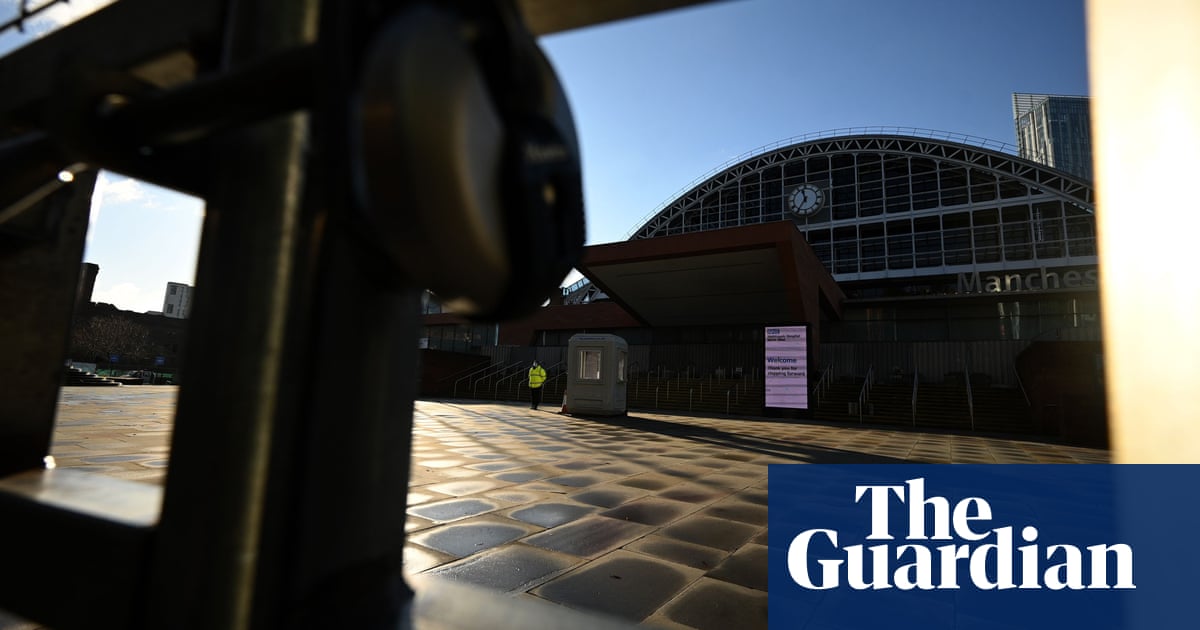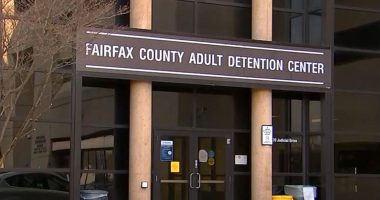
The NHS may set up “field hospitals” in the carparks of existing hospitals staffed partly by army medical personnel to help cope with a potential Omicron-driven surge in Covid patients.
Hospital canteens, offices and meeting rooms could also be turned into makeshift wards if the new variant leaves so many people seriously ill that the health service may be overwhelmed.
NHS England has told hospital bosses to make plans to take both steps in the coming weeks as part of a series measures to give the service “super-surge” extra capacity. However, it will only order the implementation of such dramatic and unprecedented moves if Omicron leads to even greater numbers of patients with Covid needing treatment than during the last peak in January.
The plans, first reported by the Health Service Journal (HSJ), come amid deepening fears that the numbers of health staff off work sick with Covid could hamper the NHS’s response to Omicron.
One in 10 doctors are off work in the UK, figures revealed on Wednesday, as medical leaders warned the highly transmissible new variant was fuelling the worst absence rates in the NHS since the start of the pandemic.
A survey conducted by the Royal College of Physicians (RCP) found 10.5% of doctors were absent. The picture is worse in London, where one in seven doctors are off work (13.9%).
The number of absences is growing, the RCP said, leaving “exhausted and demoralised” staff on wards struggling to cope with the pressure of more cases coupled with mounting winter pressures.
The high absence rate among doctors is likely to be due to the high community levels of infection and rapid transmission of the Omicron variant, the RCP said.
“Absence is the worst we have seen during the pandemic other than at the end of March 2020,” said Dr Andrew Goddard, the president of the RCP. “Today, we have a tired and demoralised workforce that has been managing the impact of the pandemic for almost two years, we are trying to deliver as much non-Covid care as possible and we have the usual winter rise in other respiratory conditions.”
NHS England has told hospitals to be ready to create “major incident capacity” in January as it braces for a potential major wave of Covid cases needing inpatient care then. The new facilities would be in effect large tents, where up to 100 patients would be cared for, HSJ said.
It quotes one NHS leader describing the new facilities as “lots of little Nightingales”, a reference to the seven field hospitals set up last year in England to give the health service extra capacity when the first wave of Covid hit in March. However, they were little used and have since been mothballed.
It is likely that they would be used for the least sick, with existing hospitals looking after the most seriously unwell, including those needing oxygen to support their breathing.
They will be staffed by a combination of both clinically trained personnel and also administrative staff who have no medical background, one official with knowledge of the plans said.
NHS England disclosed the plans to hospital bosses on a series of regional conference calls on Tuesday. It expects that Army medical staff will be involved, though the HSJ said that no formal request for such help had been made yet.
Staff both with and without a clinical background working for clinical commissioning groups, the local NHS bodies that commission and pay for health services in an area, will also be asked to help out.
An executive at one hospital said that it was already sounding out staff who usually work in a purely administrative capacity about what roles they could take on if Omicron wreaks havoc.
NHS leaders are keen to sort out which staff will undertake what work in existing and field hospitals given that the Nightingales set up last year were hobbled by hospitals having too few staff to be able to send all but a handful on secondment to the newly created facilities.
Medical leaders on Wednesday issued a fresh plea to the public to exercise extreme caution over the festive period, warning that if infection levels continued to rise, the NHS could see the number of staff working plunge to “very dangerous” levels.
Goddard added: “NHS colleagues will always be ready to do what is needed, but we needn’t be in this situation. If we had proper NHS workforce planning, taking into account current and likely future demand, I predict we would have many more thousand doctors, nurses and other clinicians.
“As we don’t have that capacity, we urge everyone to arrange to have their vaccinations and boosters as soon as possible. And while we are all looking forward to time with loved ones this year, we need to think very carefully about the number of people we mix with over the next couple of weeks. That’s not a message people want to hear and not one it’s easy to deliver, but if we aren’t cautious, we risk the number of available health and care staff falling to very dangerous levels.”
The government has cut the self-isolation period for people who have coronavirus from 10 days to a week, but ministers accept the move might only relieve some of the pressure around staff shortages.
Source: Guardian






